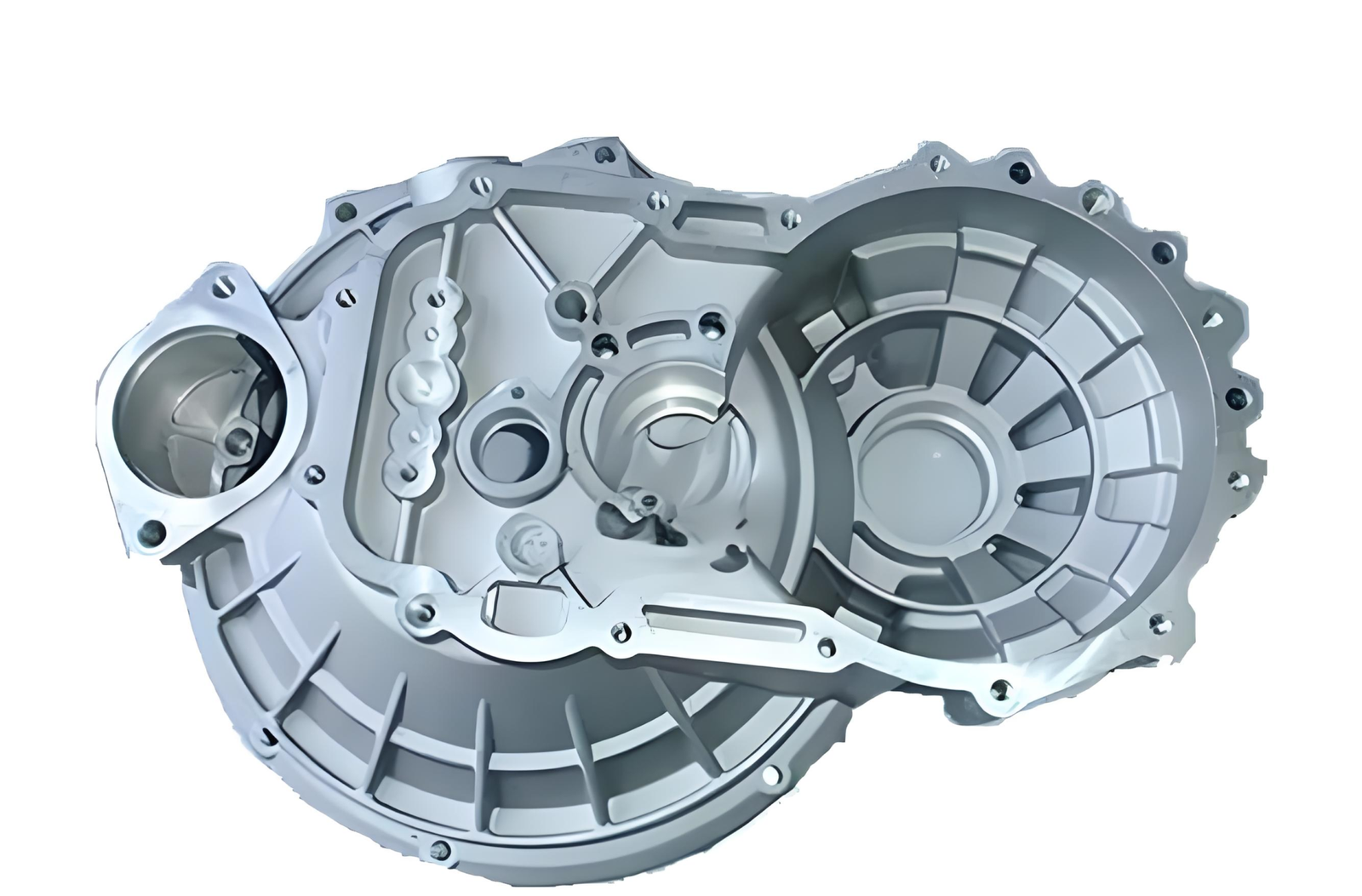
In the automotive industry, precision machining of prototype components plays a crucial role in both design and performance testing. At JUPAICNC, we specialize in providing high-quality prototype automotive components machining, ensuring that each part meets stringent industry standards. Our team leverages advanced machining technologies to handle a wide range of materials, offering the flexibility required for different automotive applications. By integrating cutting-edge technology and expert craftsmanship, JUPAICNC consistently delivers precision-driven results that are essential for the development of innovative automotive systems. This capability makes us a trusted partner for companies seeking reliable, high-performance prototype components for their projects.
Material compatibility is a fundamental consideration in the machining process, especially in the context of prototype automotive components machining. Every automotive part has specific performance requirements, which dictate the choice of materials used. JUPAICNC understands that different materials react to machining processes in varying ways, requiring specialized knowledge and techniques to achieve optimal results. Whether it’s aluminum, steel, titanium, or more advanced composites, we ensure that the selected material not only fits the functional needs of the prototype but also allows for the necessary machining precision. Our approach guarantees that each component performs optimally under the conditions it will face in real-world applications.
At JUPAICNC, we take a meticulous approach when selecting materials for prototype automotive components machining. Factors such as strength, durability, weight, and resistance to extreme temperatures must all be taken into account when producing components for the automotive sector. Different materials offer varying benefits depending on the part’s function within the vehicle. For example, lightweight materials like aluminum are frequently used for engine components and body parts, whereas high-strength steels may be more suitable for structural components. We work closely with our clients to determine the ideal material that balances performance and manufacturability while ensuring that every part meets the required specifications.
Another critical aspect of our work involves the preparation and treatment of materials before machining begins. At JUPAICNC, we understand the importance of preparing materials for the unique stresses they will undergo during the manufacturing process. The careful handling of each material is essential for preventing defects such as warping, cracking, or other distortions that can compromise the final product’s quality. Our team employs state-of-the-art equipment and techniques to treat materials prior to machining, ensuring that the final components exhibit the highest levels of accuracy and performance. By doing so, we provide our clients with prototypes that are not only precise but also reliable for real-world testing.
The machining process itself is equally important in ensuring material compatibility. JUPAICNC utilizes precision CNC machining technologies that allow for the accurate and efficient production of prototype automotive components. These advanced technologies are capable of working with a broad spectrum of materials, ensuring that tight tolerances and complex geometries can be achieved without compromising the integrity of the material. Our expertise in various machining techniques, such as milling, turning, and grinding, ensures that we can meet the unique needs of each project, regardless of the material being used. By maintaining an in-depth understanding of how different materials respond to these processes, we ensure that each component is crafted to exact specifications, both in terms of dimensions and functionality.
One of the challenges that often arises in prototype automotive components machining is the ability to maintain material properties throughout the process. For many materials, machining can induce heat, stress, or strain, which can affect their overall performance. JUPAICNC is committed to overcoming these challenges by employing the latest techniques in temperature control, cooling, and stress management during the machining process. By maintaining precise control over the machining environment, we can minimize any potential negative effects that might compromise the material’s structural integrity, ensuring that each prototype component performs as expected under real-world conditions.
Beyond the machining process itself, JUPAICNC is dedicated to providing a comprehensive service that includes the careful inspection and testing of each prototype component. As part of our commitment to quality, we utilize advanced measurement and testing equipment to verify the dimensions, surface finishes, and overall functionality of each part. These inspections help ensure that every component not only meets the technical specifications but also performs reliably in the automotive environment. This thorough testing process further enhances the value of our prototype automotive components machining services, providing our clients with the confidence that their designs will perform as intended when incorporated into their vehicles.
The ability to match the right materials with the precise machining processes is at the core of JUPAICNC’s commitment to delivering high-quality prototype automotive components. With a deep understanding of the complex interactions between materials and machining techniques, we consistently produce parts that meet the toughest industry standards. This expertise makes us an invaluable partner for automotive companies looking to push the boundaries of innovation while ensuring that their prototype components are both reliable and high-performing. By focusing on material compatibility and precision machining, JUPAICNC plays a pivotal role in the success of automotive design and development.
